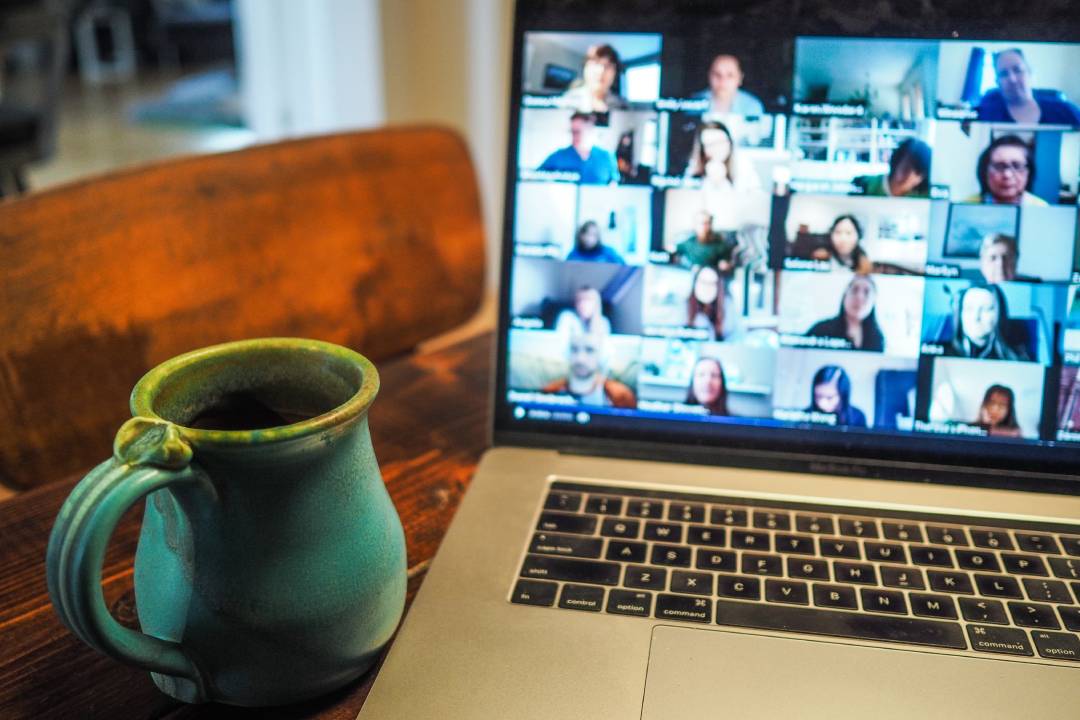

The words of the founder of Netflix came back to me as the AFR revealed that three out of four finance sector workers rate their life more important than their careers, with commuting or coping with the fuel cost of going to work now seen as a significant pressure on their lives.
In effect, the pandemic with its lockdowns has identified those workers who are prepared to forego advancement in a job, for the benefits of either being in a better position to help their families by not being in the office or because they believe they will be more productive working from home.
A problem for the 75% of the finance sector union members who want to work from home to reduce life pressures is that they have put themselves at odds with the majority of employers, who may have always viewed their employees who work in the office. Most business plans haven’t incorporated this significant innovation of a worker at home five days a week doing their job online, using Zoom, video and all manner of new digital programs to make their work happen.
The survey covered in the AFR today found 69% of employees wanted to work from home because they were afraid of Covid-19, 60% wanted to work from home for mental and physical health and 57% to keep helping with family and caring responsibilities.
These are all very understandable reasons why many workers would want their boss to be flexible and let them at least have a hybrid work model, where the employee would be in the workplace maybe three days a week.
One big business employer has accepted the hybrid model but has demanded that workers be in the office on Monday and Friday. Other businesses have different versions of the hybrid model. But employees should not fool themselves — most employers want their staff in the workplace.
The legitimate concerns for employers are:
• What happens to productivity if you don’t know exactly where your worker is?
• Could my worker be distracted by family issues, another job or even a business?
• Are my records and those of my clients safe?
• What extra costs will the business have to cope with to make it easy and secure for workers to be online from home?
• Is the employer responsible for worker safety in a home-based workplace?
• What happens to profitability as the business migrates to a hybrid work model?
These are risks for a business owner or company, and no one knows the profitability and productivity implications of this new work-from-home model.
Many employers might have survived the pandemic lockdowns but have coped with lower revenues, lower profits or even losses, so many of these will be pondering why they have to endure a potentially risky new model of employment.
“The union has written to more than 50 banks, insurance companies and super funds to call for more choice about returning to the office, including a ‘fully remote working’ option where possible,” David Marin-Guzman reported.
The pandemic has led to a big collective change of mind for employees and it’s understandable that many really want the hybrid model to make their work-life balance better. But just as they’re imposing new risks on bosses and their businesses, they’re also taking on risks themselves.
You see, many bosses are wondering: “If my expensive local workers think they can do their work from home, then could someone in somewhere like the Philippines work online and on a lot less pay replace them?”
The companies that have readily embraced their staff working from home are often tech companies that already have a very heavy reliance on foreign workers, which we discovered with many big-name tech operators worried about their employees/contractors in Ukraine and Russia!
A couple of years back I interviewed the founder of Netflix, Marc Randolph, who in his book on the company’s story, talked about an employee who wanted to move to San Diego to be with his relocated girlfriend.
Marc told his employee he could do it provided he could guarantee his productivity would not be negatively affected.
The employee didn’t move!
Interestingly, Randolph’s book was called That Will NEVER Work.
The hybrid model will work for some employers and many employees and there’ll be winners. But there’ll also be losers along the way with this substantial pandemic-created innovation.
One thing I’m worried about is that when the next recession hits many people wanting to work from home might be at home without a job. And that’s a serious issue.